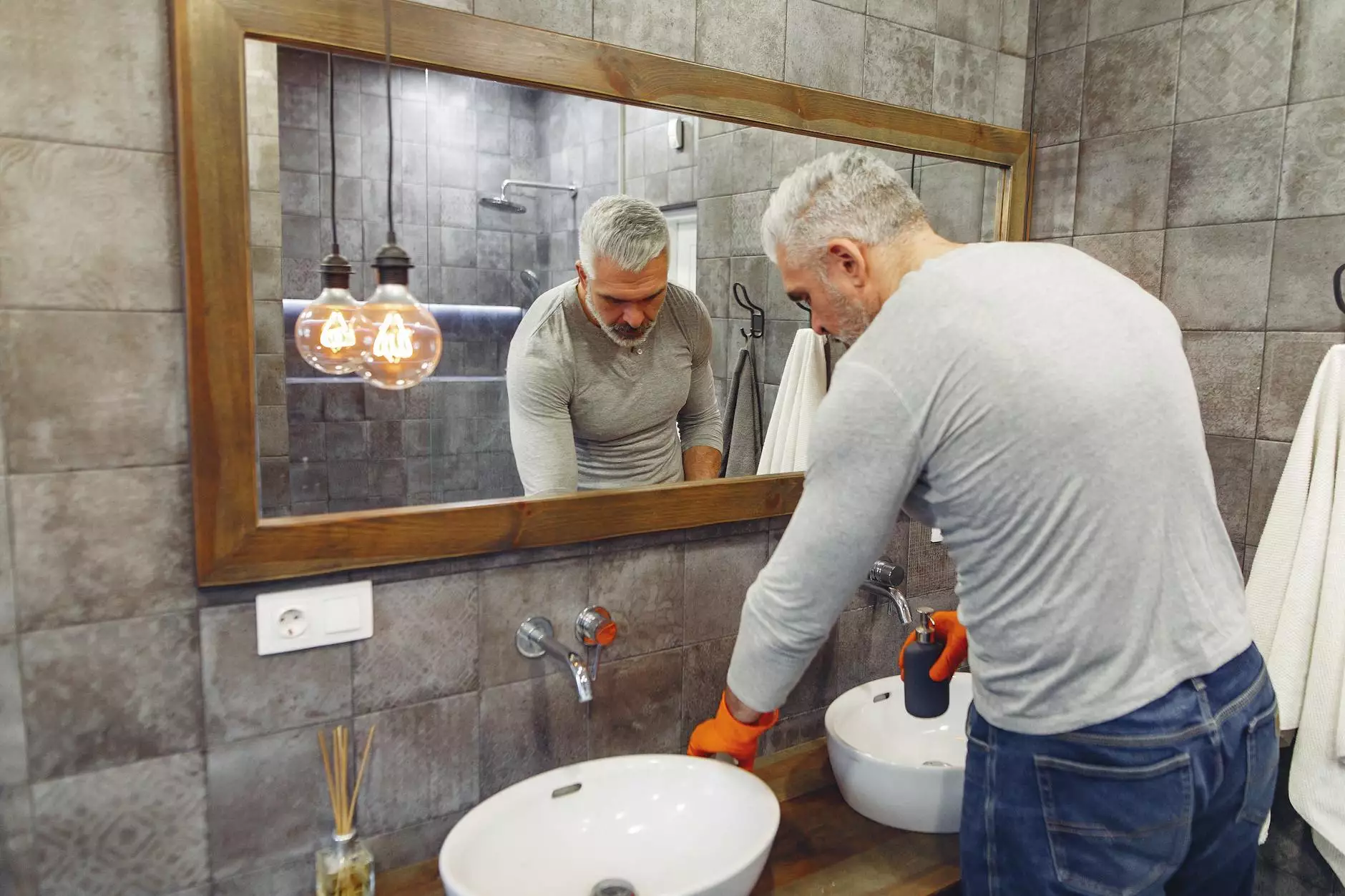Find the Best Allergy Clinic Near Me for Comprehensive Care

In today's health-conscious society, allergies have become a prevalent concern for many individuals. Understanding how to navigate this landscape often involves finding an allergy clinic near me that can provide tailored treatment and support. With the rising cases of allergic reactions, asthma, and related conditions, the importance of specialized medical care cannot be overstated. This article will explore what to look for in an allergy clinic, the services offered, and how seeking help can lead to a healthier, more comfortable life.
Understanding Allergies: A Growing Health Concern
Allergies occur when the immune system reacts to substances (allergens) that are typically harmless to most people. Common allergens include:
- Pollen
- Dust mites
- Animal dander
- Food items (e.g., nuts, shellfish)
- Insect stings
- Medications
As per the American Academy of Allergy, Asthma, and Immunology, millions of Americans suffer from allergies, making it crucial to seek help from professionals. A dedicated allergy clinic near me can provide solutions tailored to individual needs.
Why Choose a Specialized Allergy Clinic?
Choosing a specialized allergy clinic offers numerous advantages:
- Expert Care: Allergists are trained to diagnose and treat a wide array of allergic conditions, ensuring patients receive the most effective treatment.
- Comprehensive Testing: Clinics typically offer advanced diagnostic tests to pinpoint specific allergens, allowing for personalized treatment plans.
- Managing Chronic Conditions: An allergy clinic can help manage conditions like asthma, which is often exacerbated by allergies.
- Access to New Treatments: Allergists stay updated on the latest therapies and medications, providing patients with the best options available.
Services Offered by Allergy Clinics
When looking for an allergy clinic near me, it's important to understand the wide range of services they offer. Here are some common services you can expect:
1. Allergy Testing
Allergy testing is often the first step in the diagnostic process. There are various testing methods, including:
- Skin Prick Tests: Small amounts of allergens are introduced to the skin to check for allergic reactions.
- Blood Tests: These tests measure the immune system's response to specific allergens.
- Patch Tests: Used to identify contact allergies, patches are applied to the skin and removed after 48 hours to observe any reactions.
2. Treatment Plans
Once testing is complete, the allergy specialist will create a treatment plan that may include:
- Avoidance Strategies: Educating patients on how to avoid known allergens effectively.
- Medications: Prescribing antihistamines, corticosteroids, or bronchodilators to manage symptoms.
- Immunotherapy: Allergen desensitization through allergy shots or sublingual tablets that allow the body to gradually adjust to allergens.
3. Asthma Management
Many patients with allergies experience asthma. An allergy clinic typically provides:
- Asthma Education: Understanding triggers and proper medication usage.
- Action Plans: Personalized asthma action plans for better management of symptoms.
4. Food Allergy Management
Food allergies can be life-threatening, and clinics often offer:
- Oral Food Challenge: A supervised test to confirm food allergies.
- Nutrition Counseling: Guidance on managing diets and avoiding allergens.
Choosing the Right Allergy Clinic
Finding the right allergy clinic near me can be an overwhelming task. Here are key factors to consider:
1. Qualifications and Experience
Ensure the clinic is staffed by certified allergists who specialize in allergy and asthma care. Check their credentials, experience, and reviews from other patients.
2. Location and Accessibility
Consider the clinic’s location. An easily accessible clinic can facilitate more frequent visits for ongoing treatment, especially for immunotherapy.
3. Range of Services
Look for clinics that offer a comprehensive range of services, including testing, treatment, and patient education.
4. Patient-Centric Approach
Choose a clinic that prioritizes patient comfort and has a supportive environment. Staff should be willing to answer questions and offer guidance throughout your treatment journey.
Patient Experiences: What to Expect
Visiting an allergy clinic is often the first step toward relief from persistent symptoms. During your initial visit, you can expect:
- Detailed Medical History: The allergist will ask about your symptoms, family history of allergies, and lifestyle factors.
- Physical Examination: This may include an examination of your skin and respiratory system.
- Diagnostic Testing: Depending on your symptoms, you may undergo various allergy tests.
After your diagnosis, your allergist will discuss treatment options with you, empowering you to make informed choices about your health.
The Importance of Ongoing Support
Managing allergies is not just about initial treatment. Continuous support from a qualified allergy clinic near me can significantly improve your quality of life. Patients are encouraged to schedule regular follow-ups to:
- Monitor their condition
- Adjust treatment plans as necessary
- Stay informed about emerging treatment options
Conclusion: Take Control of Your Allergies Today
Allergies do not have to define your life. By reaching out to a specialized allergy clinic near me, you can access targeted care designed to help you manage your symptoms effectively. With comprehensive testing, personalized treatment plans, and the latest methodologies, allergy clinics like the ones you'll find at mediglobus.com are committed to empowering patients towards a healthier, allergy-free lifestyle.
Don’t let allergies hold you back. Seek the help of a professional today and transform the way you live with allergies.









